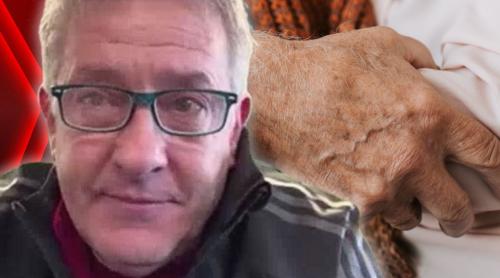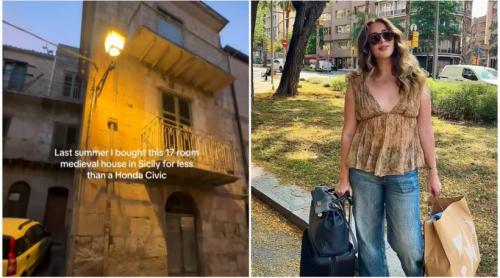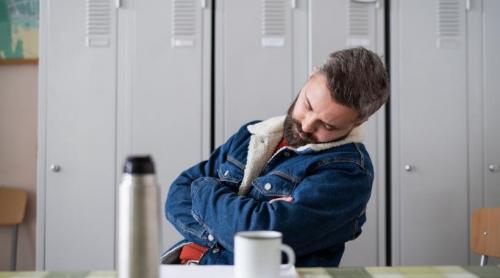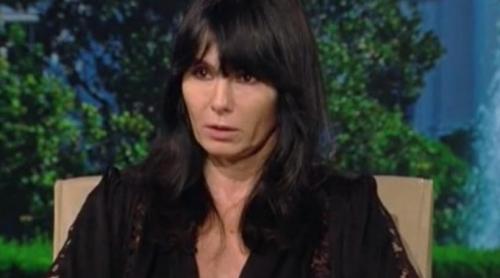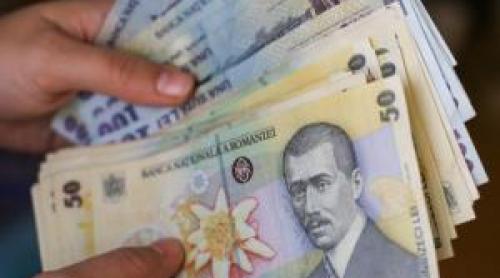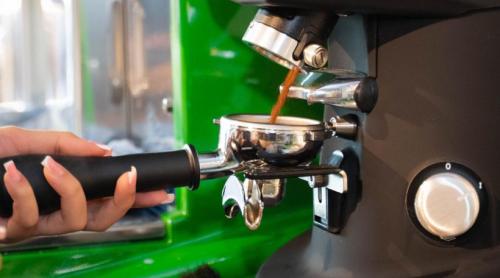
Thousands of people faced death while trying to escape Romania to freedom, during the communist regime. Many did not make it on the other bank of the River Danube. Jurnalul National invited those that were successful in their escape to tell their stories. Today you have the story of Claudio Maracineanu.
|
|
 |
The River Danube never gave back many of the bodies of those that braved its waters to find freedom
|
Could it be true that Romanians are unable to honor their dead [as a previous article in Jurnalul National showed]? It would not be the first time, given the treatment the victims of the [1989] Revolution got, as well as those of minersâ violent descent on Bucharest.
I am one of the lucky ones, which managed to escape both the turbulent waters of the Danube and the collusion of the Yugoslav and Romanian communist governments. For each Romanian fleeing the country Yugoslavia received a wagon full of salt.
The salt mines, which now are collapsing, were once those exploited to the fullest to have "the currency" for bringing back the fugitives from the communist camp.
The ship that made the regular trip from Orsova to Moldova Noua was followed, a few hundred meters behind, by a boat of the border guards. When a passenger jumped into the river to swim to the Yugoslav bank the border guards did not bother to apprehend him but speared him with the hooks or turned the boat around so that the propeller would chop them into pieces. A whole cemetery in Kladovo is filled with such body parts taken out from the straining grills at the Yugoslav side of the electric power plant Portile de Fier I.
In December 1985 Ceausescu paid another visit to Belgrade only that this time the American authorities were warned and the US Secretary of State stopped short his visit to the Federal Republic of Germany to come to Belgrade and warn the Yugoslav authorities against repeating their actions of one year before. This is why Ceausescu turned back home empty handed and why I made it [to Sweden] eventually.
During this visit of Ceausescu to Yugoslavia I was hosted in the refugee camp of Banja Koviljaca, a small locality on the bank of river Drina, which separated Serbia from Bosnia. For fear of being rounded up and sent back home during night time, I and a friend of mine sneaked out of the hotel for five days, and spent the nights in tree on the bank of Drina river.
Tranlated By ANCA PADURARU
Citește pe Antena3.ro


